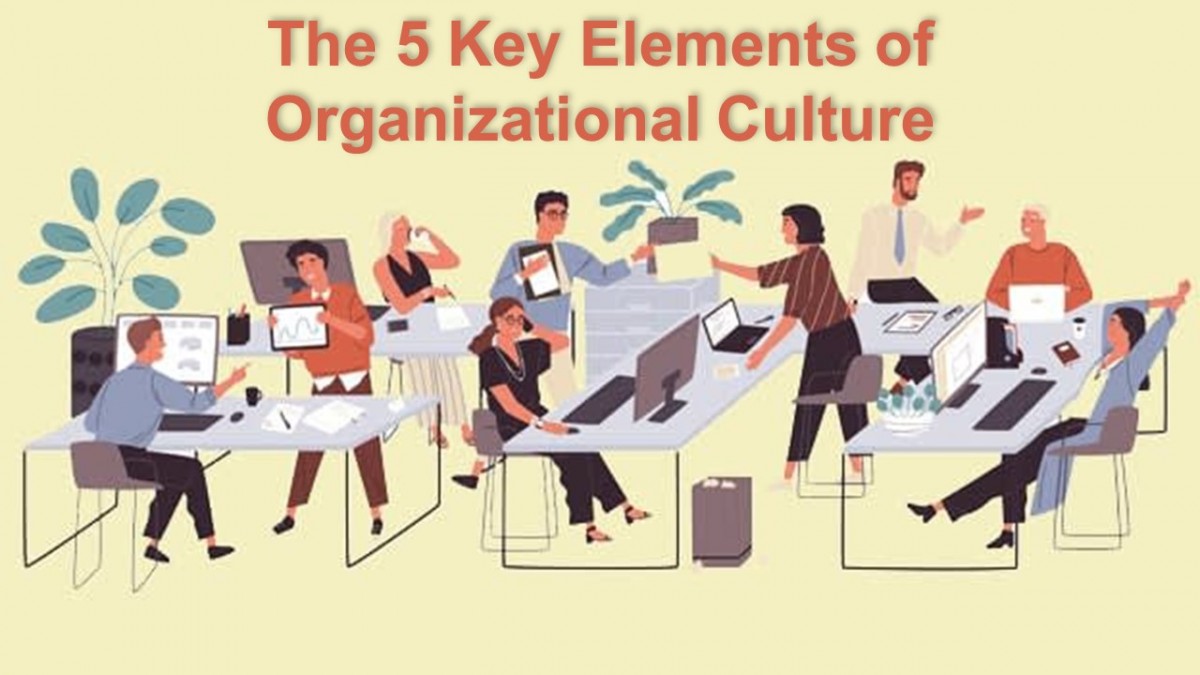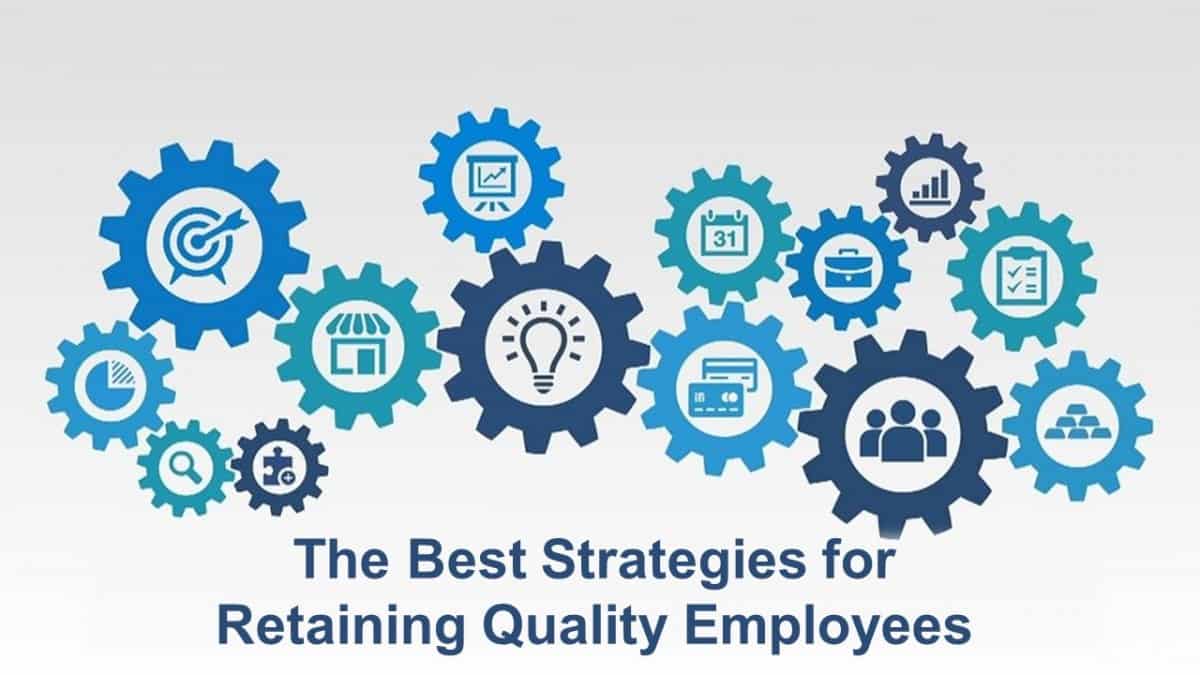Recent Articles
Recent Articles
Dr. Troy Hall
There are three ways to retain employees and stop the talent swap. By infusing the three strategic elements of cohesion—belonging,
S. Chris Edmonds, Mark Babbitt
Being in the enviable position of having many talented candidates vying for positions in your organization, and being able to
Caleb
In this episode we talked with Shanda Miller and discussed how supervisors can change to become super leaders.
Ciara Ungar
The best strategies for retaining quality employees are cultivating authenticity, creating an agile environment, and fostering trust on a daily
John Spence
The single most significant factor why employees leave, by a wide margin, is their relationship with their immediate supervisor. People
Caleb
In this episode we talked with Dick Finnegan and explored how to use stay interviews to significantly reduce employee turnover.
Linda Holbeche
With economies regaining momentum, many industries are suffering high staff turnover, and talent is in short supply. In the era
Caleb
In this episode we talked with Kathleen Steffey and explored creative strategies for attracting top talent learned during the Great
Matt Tenney
A fully engaged employee is an employee who is enthusiastic about their jobs, invested in the success of the organization,
Matt Tenney
In this article, you’ll learn how to avoid the mistakes made by so many organizations and discover 18 employee engagement
Caleb
In this episode we talked with author and CEO Grant Botma and discussed the 3 most important things that a
S. Chris Edmonds, Mark Babbitt
Leadership has a powerful impact on employee engagement because everything a leader does affects—helps, hurts, or hinders—company culture. Culture influences
Karin Hurt, David Dye
To retain employees, employers are investing in developing human-centered leadership at all levels of the organization who let employees know
Caleb
In this episode we talked with author Eric Chester and discussed the 2 most important things that a leader needs
John Spence
The most important factor in employee engagement is organizational culture. Businesses with strong, positive cultures have highly engaged and loyal

The 5 Key Elements of Organizational Culture
S. Chris Edmonds
The five key elements of organizational culture are equally valuing respect and results, living a servant purpose, continuously focusing on

How To Praise Someone Professionally (6 Tips)
Matt Tenney
Whether through words or actions, praising employees boosts team morale, increases employee retention and loyalty, and improves performance. How do you














